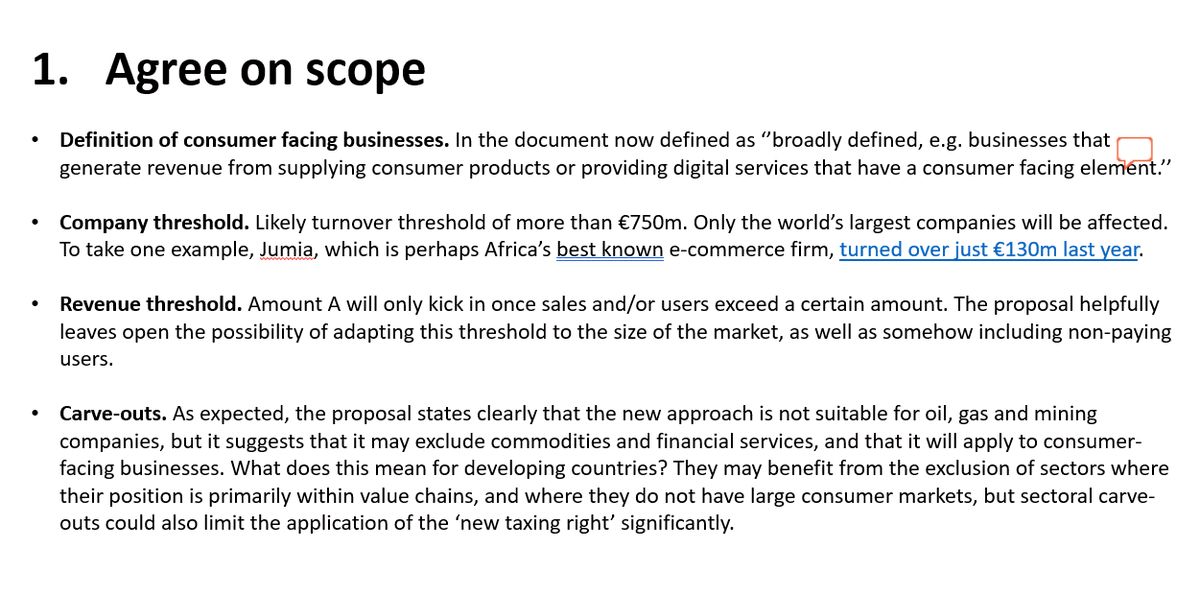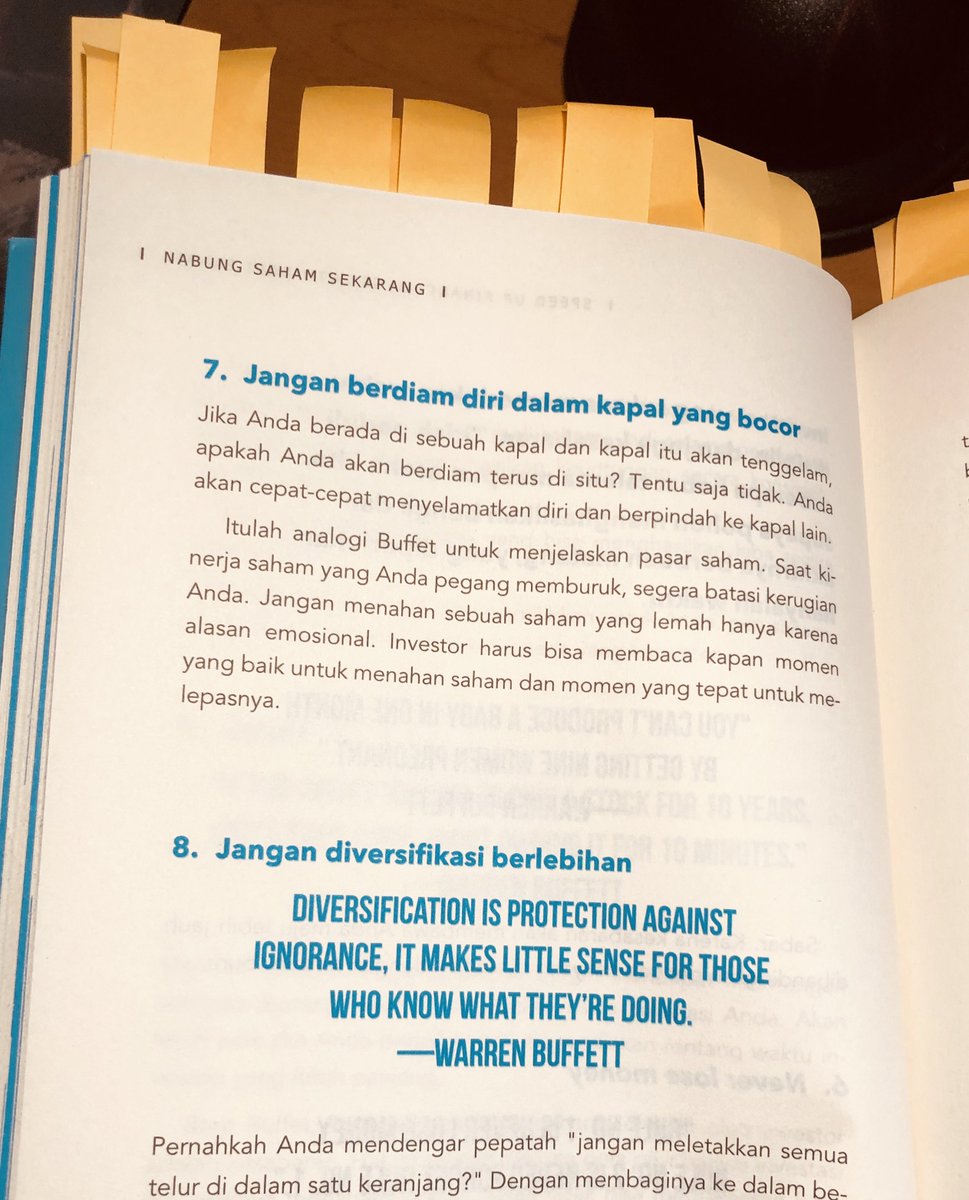1) the income tax really is optimal;
2) labor/leisure and consumption are neither complements nor substitutes; and
3) everyone has the same preferences.
If you want to justify having both taxes, you must break one of these. 7/22
✌🏻
22/22
Keep Current with Steven Hamilton
This Thread may be Removed Anytime!
Twitter may remove this content at anytime, convert it as a PDF, save and print for later use!

1) Follow Thread Reader App on Twitter so you can easily mention us!
2) Go to a Twitter thread (series of Tweets by the same owner) and mention us with a keyword "unroll"
@threadreaderapp unroll
You can practice here first or read more on our help page!




